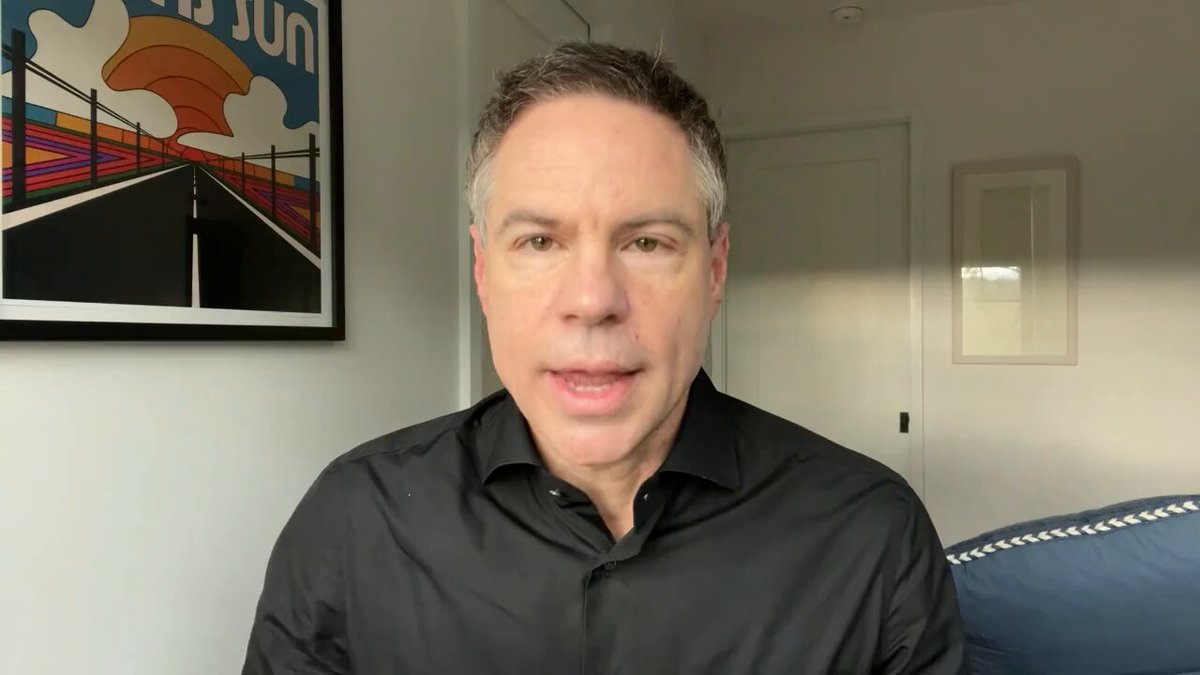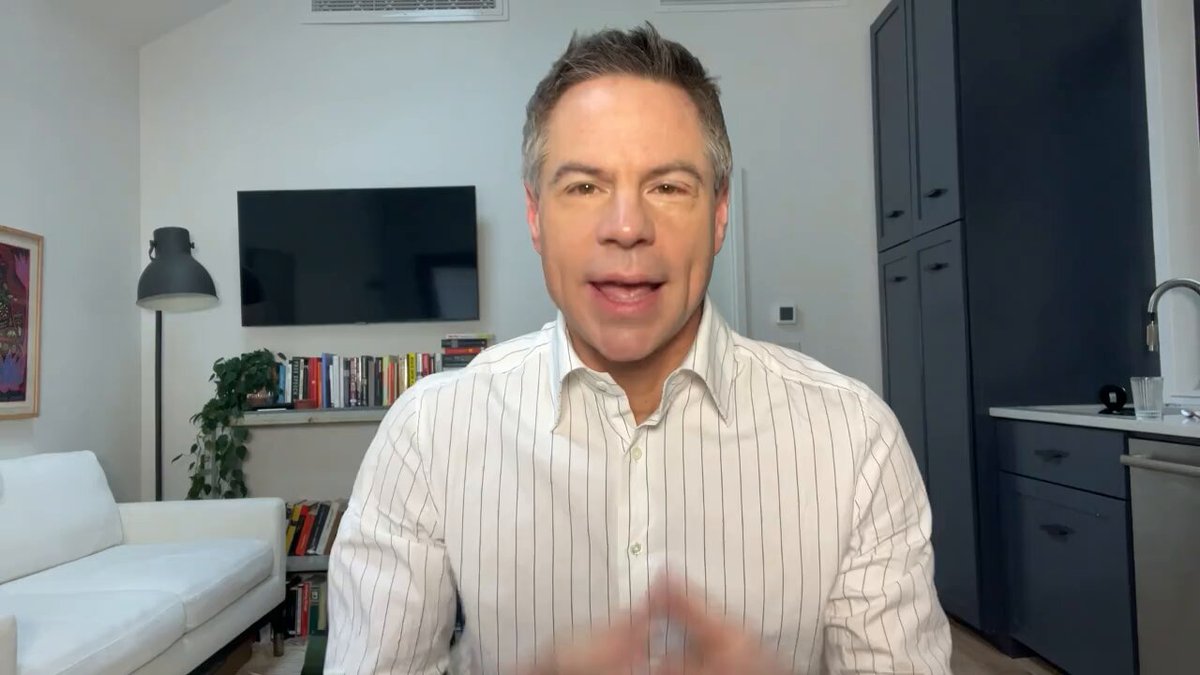-6
Michael Shellenberger
@shellenberger
·
359d
In reply to:
Michael Shellenberger
@shellenberger
·
360d
The statement engages in public discourse by addressing public figures and policies related to fire prevention and broader societal narratives. It critiques political leaders and media narratives, suggesting alternative perspectives on public safety and historical interpretation.
- The statement implies that political leaders are lying, which could be seen as harmful if not substantiated, potentially violating the principle of doing no harm. [-1]Principle 1:I will strive to do no harm with my words and actions.
- The statement does not engage in direct harassment or hate speech, but it does make strong accusations against public figures, which could be seen as disrespectful. [-1]Principle 2:I will respect the privacy and dignity of others and will not engage in cyberbullying, harassment, or hate speech.
- The statement does not promote understanding, empathy, or compassion, as it focuses on accusations rather than constructive dialogue. [-1]Principle 3:I will use my words and actions to promote understanding, empathy, and compassion.
- The statement does not engage in constructive criticism or dialogue, as it accuses leaders of lying without providing evidence or engaging in discussion. [-2]Principle 4:I will engage in constructive criticism and dialogue with those in disagreement and will not engage in personal attacks or ad hominem arguments.
- The statement uses influence to challenge political narratives, which could be seen as an attempt to better society by holding leaders accountable, but it lacks constructive solutions.Principle 6:I will use my influence for the betterment of society.
- The statement exercises free speech but may not use the platform responsibly, as it makes strong accusations without evidence. [-1]Principle 7:I will uphold the principles of free speech and use my platform responsibly and with integrity.

